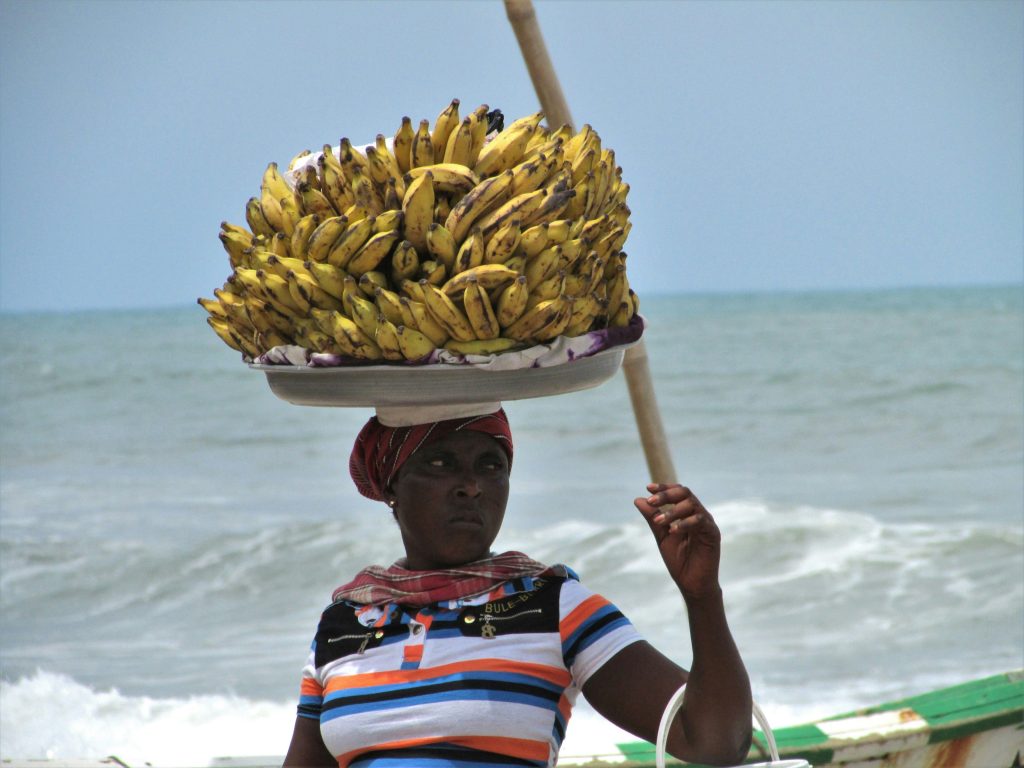The Political Economy of Regional Integration in Southern Africa

This policy paper completes Notre Europe’s series of analyses of political and economic regionalisation trends, with previous papers on South-East Asia and South America.
Focusing on Southern Africa, and paying particular attention to the two main regional integration entities, the Southern African Development Community (SADC) and the Southern African Customs Union (SACU), it demonstrates how economic integration within SADC has been marked by severe economic imbalances among the member states. It reveals how these imbalances have been skewed in favour of the dominant South African economy. It shows that, whereas South Africa has adroitly legitimised its dominant role within SACU and positioned itself as the pivotal state around which the SACU integration process has revolved, such a scenario is unlikely to be replicated in an enlarged SACU arrangement because of ongoing differences and tensions within SADC. Finally, it analyses how the success of regional integration in Southern Africa depends on South Africa’s ability to discharge its responsibilities in accordance with its hegemonic status.




